Welcome to Day 3 of Emu’s Debuts FALLING FOR HAMLET launch week extravaganza! We’ve got interviews, photos, and even, dare I say it? A prize! Not just any prize, mind you. Nay. It’s your very own set of……..
You know you want these...
Hamlet finger puppets! That’s right–you, too, can create your very own version of Hamlet, just like our own Michelle Ray did! Bonus–they’re magnetic, so you can stick them on your fridge or the inside of your school locker, readily available to amaze and impress your friends. How can you win your own set of Hamlet finger puppets? Stay tuned to the end of this post…
Now, quick! Think of a famous Shakespearean line that refers to a multiple. Did “Double, double, toil and trouble” come to mind?
Continuing the celebration of the publication of Michelle Ray’s debut novel, FALLING FOR HAMLET, EMU’s Debuts is going one better. Cynthia and Natalie are proud to post a great three-way interview with Michelle, her EMLA agent, Ammi-Joan Paquette, and her editor at Little, Brown, Alvina Ling. As you’ll see, Michelle, Joan, and Alvina really notched up the trouble for Hamlet and Ophelia when Michelle came up with the brilliant idea of placing one of Shakespeare’s darkest plays in a high school today.
First, what most attracted each of you to this story?
Michelle: “Hamlet is magnificently written. The language is perfection and it has everything I love in a story – romance, tragedy, and great language. And yet, Ophelia’s death troubles me. Every time she wanders off stage in her full insane glory, I want to grab her and say, “Hey, pull yourself together!” In the context of the play and its time, it makes far more sense because her world is so narrow to begin with. After Hamlet and his family mess with her life, there is no one to care for her and it’s not like she can run off to the local psychologist and get some help. I wanted desperately to write her a new ending, and to see what the impact of fame, technology, modernity, and the media would have on her story.”
Joan: “The first thing that caught my eye was the story’s extraordinary concept. I loved the idea of taking a classic tale and giving it such a fresh, contemporary spin. The addition of the Oprah-style talk show and the flash-forward investigation interviews woven together with the rich story narrative felt like an unbeatable combination that kept me turning the pages one after the other. I couldn’t put it down!”
Alvina: “I found the novel utterly compelling—so sexy, smart, fun, and drama-filled. And even though I knew what the basic plot points would be because of the inspiration, I was so curious as to how certain moments would be executed—most importantly, how would it deal with Ophelia’s death in the original HAMLET?”
Much is changed but much also remains the same. To what extent was staying true to Shakespeare’s original story important in the process of writing, editing, and producing a book like this?
Michelle: “To me it was very important. There are some who will say there’s no need to retell it, but there are others who enjoy retellings. And there are many, many people who don’t like Shakespeare. I wanted to win them over and convince them that he had great stories to tell. Lots of people find the language of the original too large a hurdle to get over and give up, and their only experience with Shakespeare is in school, which can be dull. (I teach it yearly and struggle mightily to keep the kids engaged.) My hope is that some readers will pick my book up and think, ‘That’s a great story. I want to see the original now.’ And I hoped that those who already knew it would get a kick out of the twists and alterations necessitated by a change in time and style, and recognize the speeches and memorable moments from the original that they enjoy.”
Joan: “I liked the similarities as much as the differences. The biggest difference—the fact that Ophelia doesn’t die at all, but lives to tell her own story, and to grow from the tragic circumstances she has been caught in—is a pivotal one, which affects so many other aspects of the story. But with that aside, I loved the fact that it closely followed so much of the original tale. I feel like this gives the story a solid backbone, and also an extra launching point for students who are familiar with—or want to become familiar with—the original play and can compare the two versions to see what matches up and what has been given its own spin.”
Alvina: “For me, the most important aspect was making sure that this novel stood on its own, that it would work for a reader not familiar with the original play. In fact, I decided not to re-read (or re-watch) HAMLET during the editing process. However, I did have another editorial reader who had re-read HAMLET give the novel a fresh read to get that perspective as well. The reader made some great suggestions on important quotes and moments from the original play to add into the novel.”
Finally, what were the biggest challenges in bringing about this book?
Michelle: “There were a few. First, Ophelia’s not in the play much. I had to use technology, eavesdropping, and creative license to get her to witness or be part of key moments. Second was the language. Countless times I got notes saying that my translation of a line still sounded too Shakespearean. Some lines are natural enough that I didn’t have to do much, but others are so formal and foreign to the vernacular of today’s teens and adults. What nineteen-year-old proclaims, “To be or not to be?” And yet readers will be looking for those words. Figuring out when and how to put in the real words and when to change them or leave them out took some doing. Finally, because I’ve seen enough Hamlets, I feared making some scenes a cliché, or too tied to the past. For instance, one very important scene is usually done with fencing. Yes, people still fence today, but wanted to offer something different. I had originally written the scene as a televised poker game. (When I started writing, celebrity poker was huge.) The lines worked, but Alvina, my editor, said it was too sedentary. I understood, but I don’t know much about sports, so I had to teach myself. I chose lacrosse, which I’ve never played. YouTube is a terrific tool for the non-sporty writer, as is having athletic friends to fact check.”
Joan: “My window into FALLING FOR HAMLET was that it was a pleasure to be involved with, from start to finish. Looking over the finished product now, savoring the rich language and spicy dialogue, it looks so easy and effortless. But I know that this neat-looking package is the product of countless hours of careful crafting, meticulous research, and writerly angst. I applaud Michelle for her creation, and also Alvina’s close oversight in drawing it out—and all the folks at Little, Brown for creating such a delicious-looking package. Here’s to much and many more such masterpieces in the future!”
Alvina: “I loved that the book stayed true to the original story, but what I worked with Michelle the most was making sure those plot points were believable in the contemporary world. One of the more challenging scenes for both of us, I think, was the climax when, well, most everyone dies. In the first draft that I read, Hamlet was participating in a televised poker game. Now, I love watching poker, but it wasn’t working: the way everything unfolded in that scene was too farfetched and unbelievable. I felt that it would need a more physical challenge to feel more real, and Michelle came up with lacrosse, which I think worked really well. I’m so excited to have played a role in introducing this extraordinary novel to the world. Michelle has been a dream to work with!”
Thanks to Michelle, Joan and Alvina for the great interviews!
Now, make haste! Can you spot Hamlet and Ophelia in the photo below?
Why did Natalie snap a photo of Michelle’s book on a Vespa in an Italian piazza (at great risk of looking like a fool in public, I might add)? That, my friends, is the question. Anyone who would like to hazard a guess (any guess–we’re not picky) will be entered to win his or her own set of Hamlet finger puppets. Just include your guess in the comments for this post, and a winner will be drawn and announced for Monday’s post. For those of you who have the book, this should be an easy question (*cough* page 24 *cough*). For those who don’t yet have a copy, get thee to a bookstore!
With publication in July, dare we say that Michelle’s been a mid-summer’s night’s dream? Go forth and fall for Hamlet!



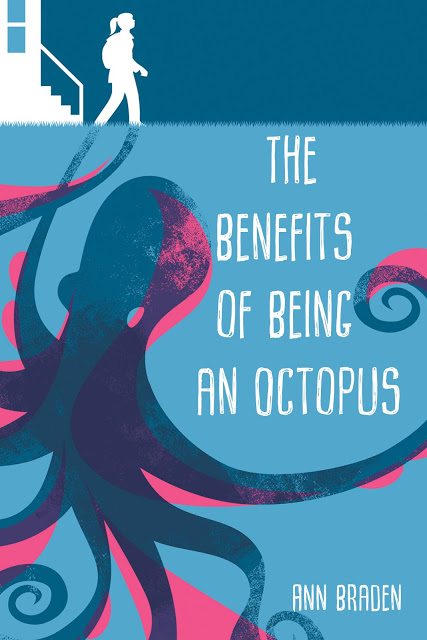

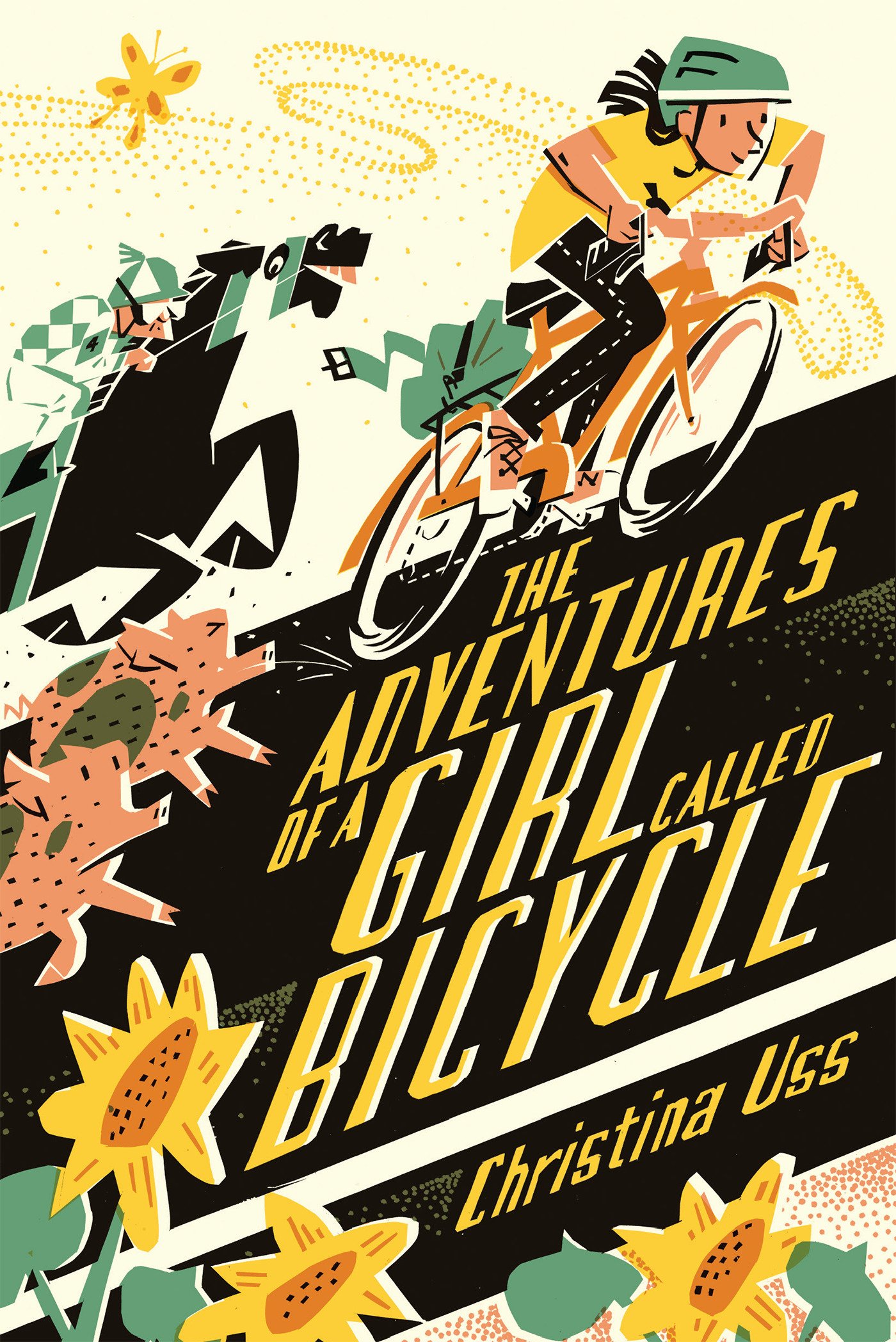






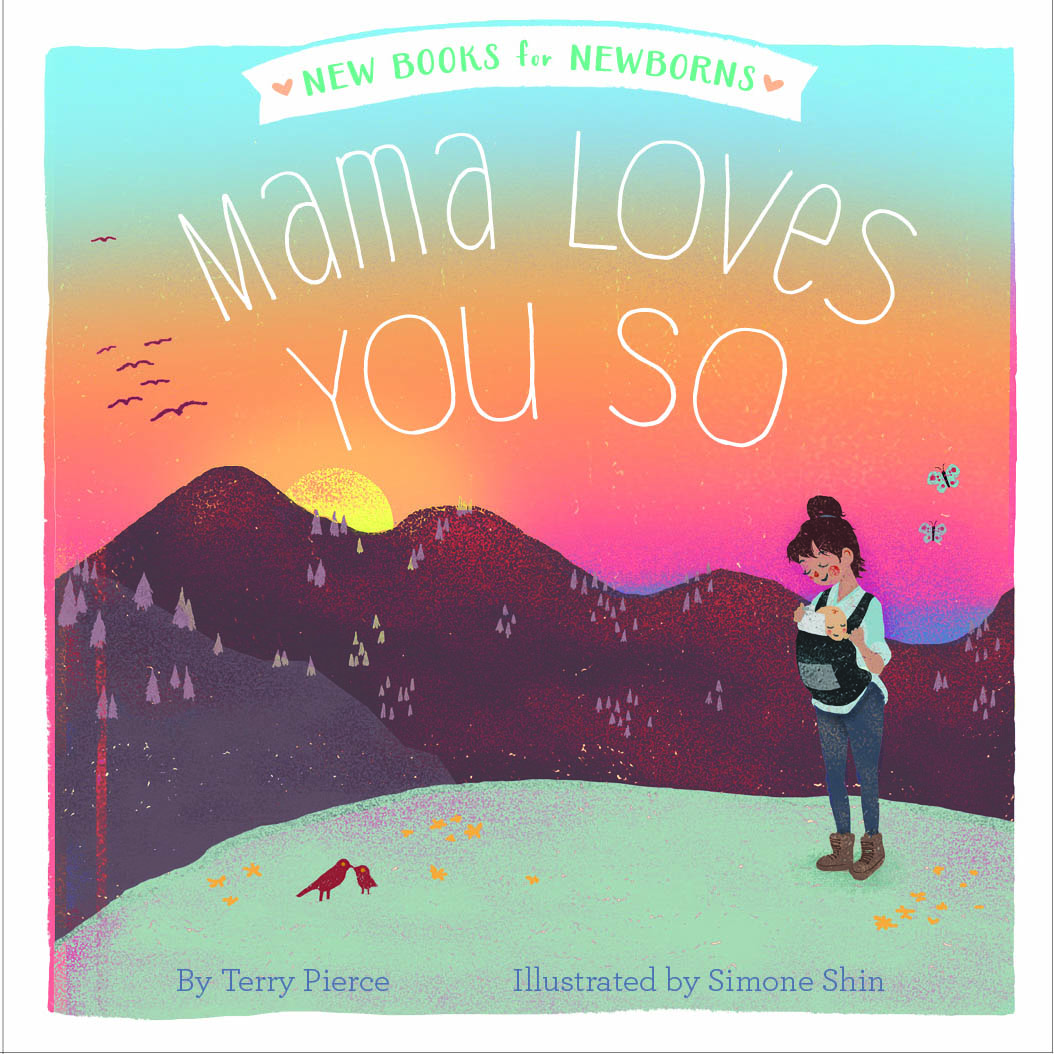
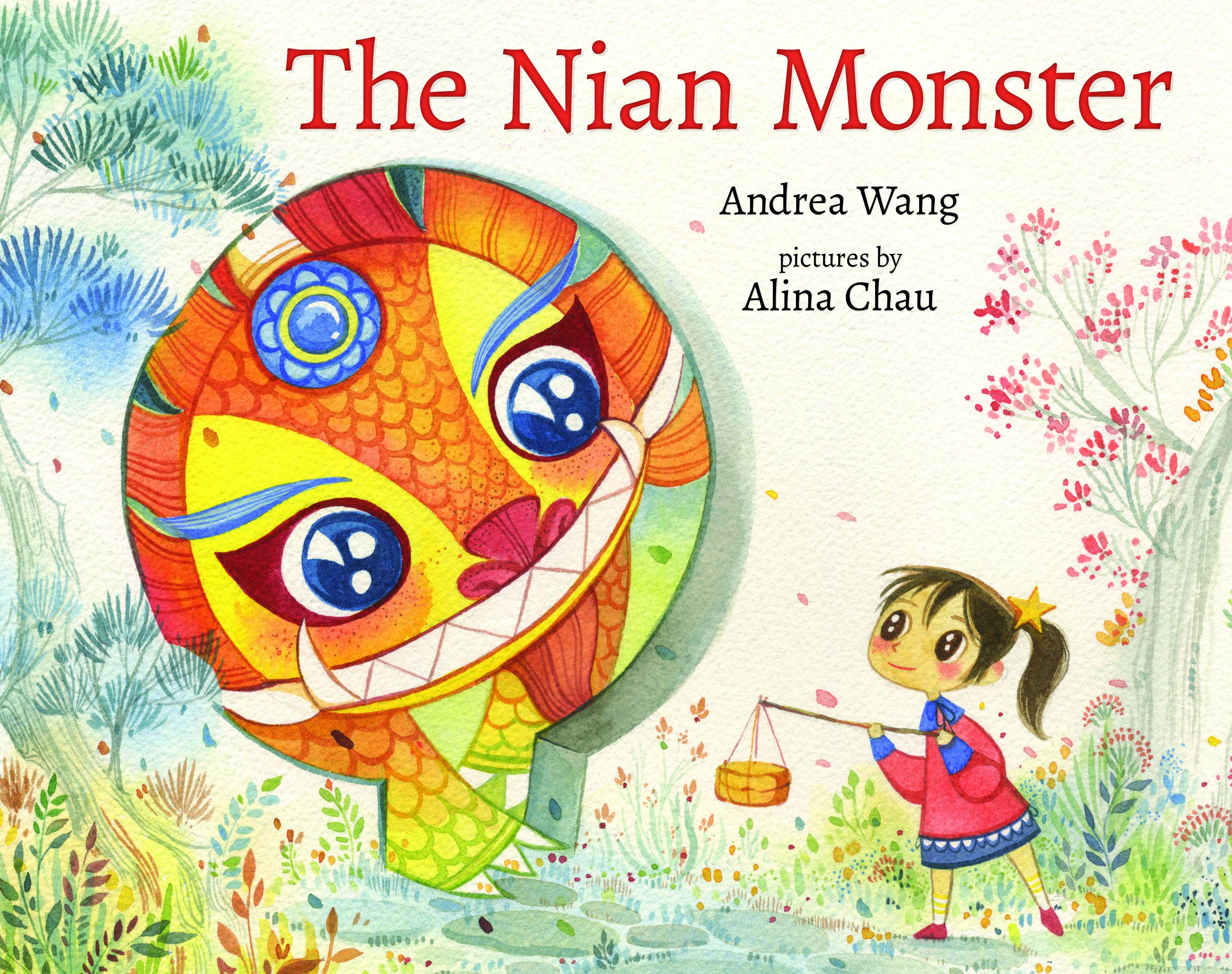
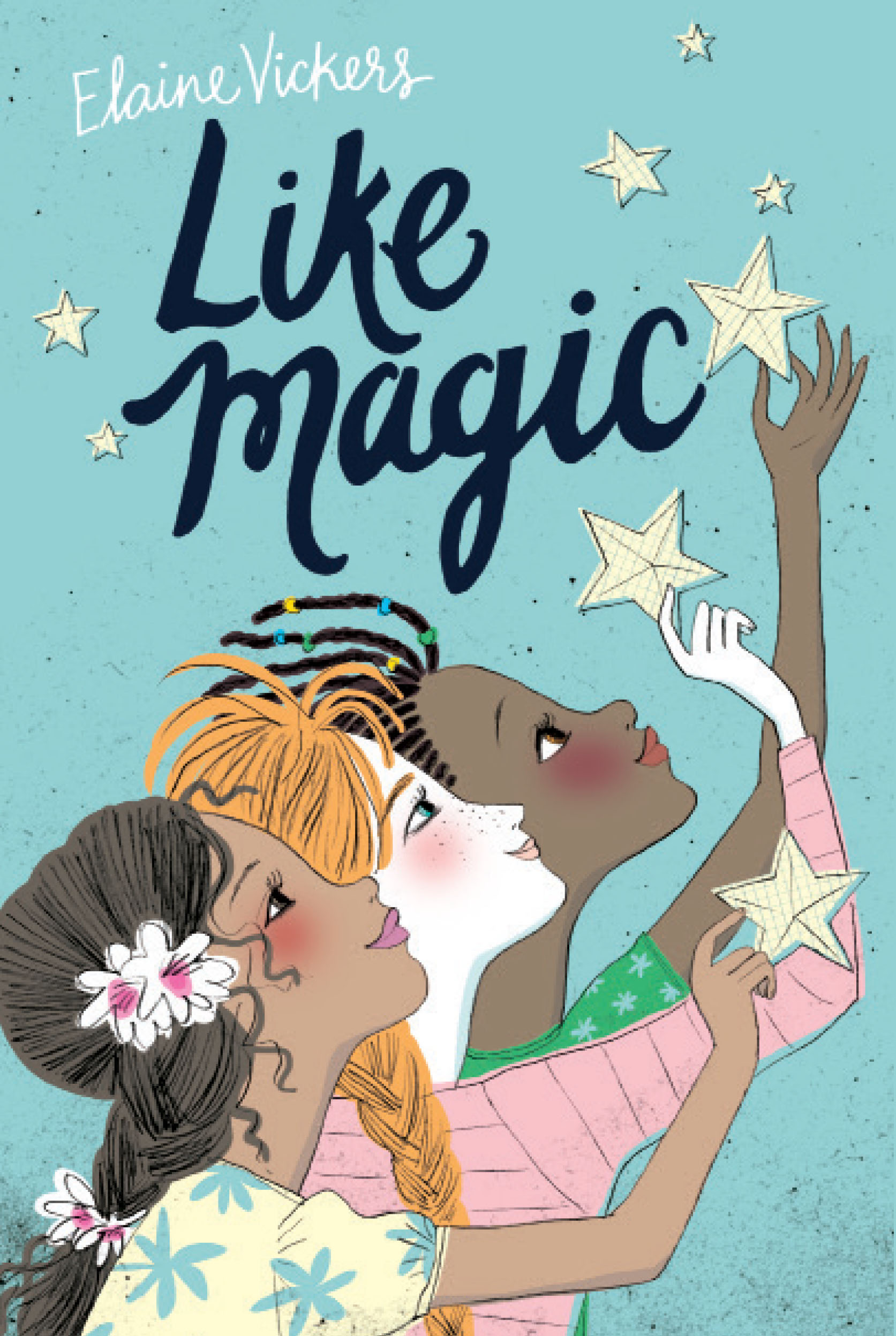
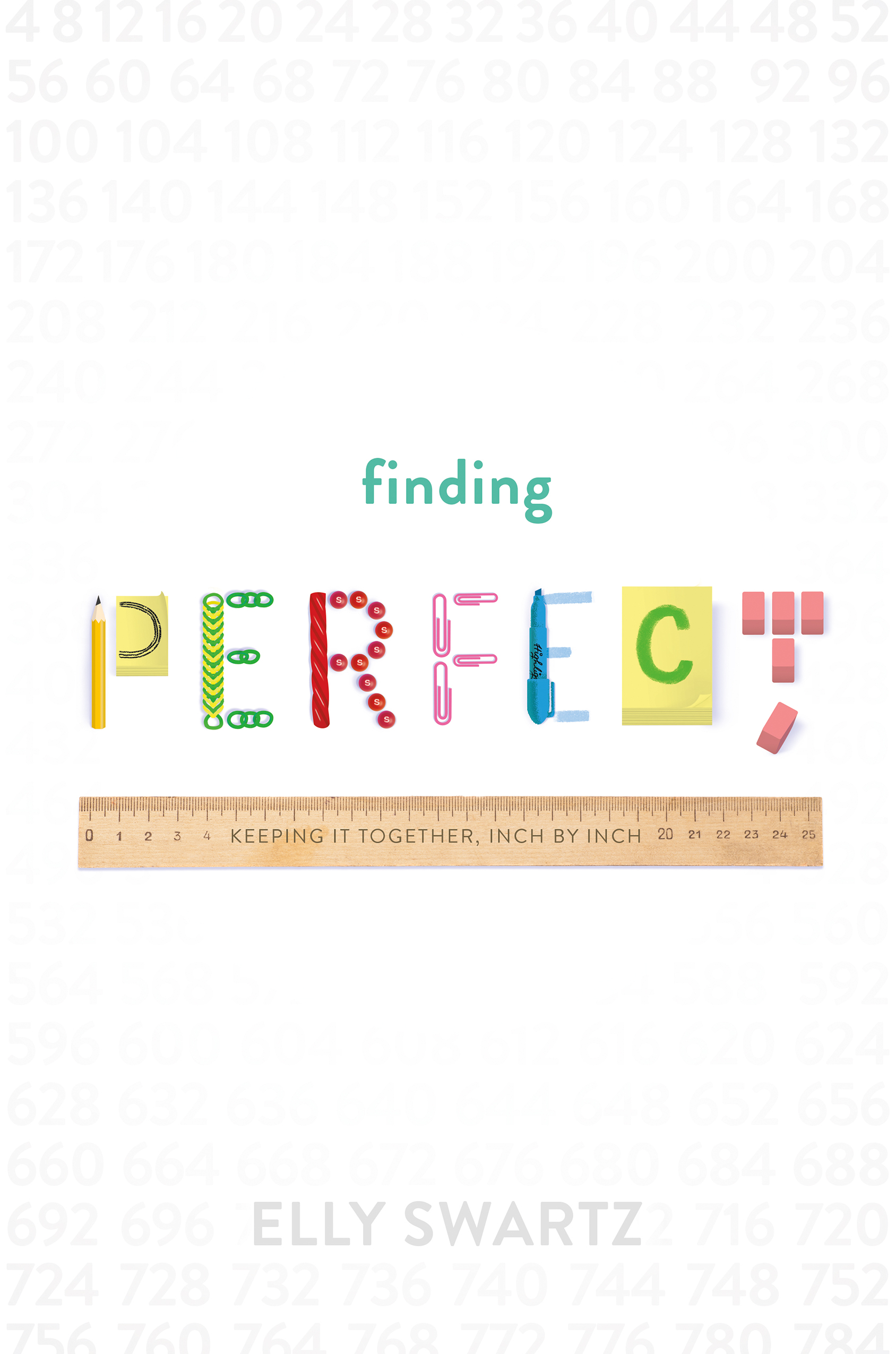
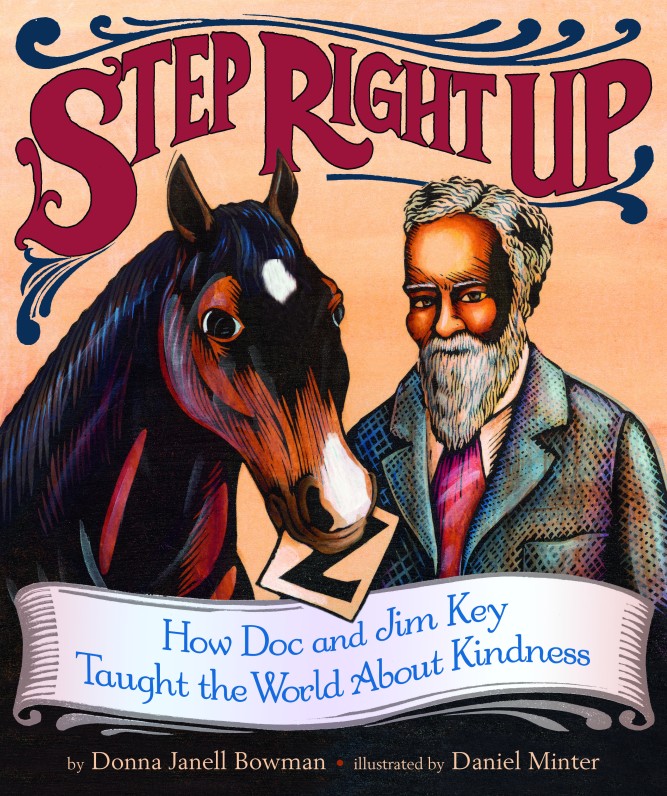
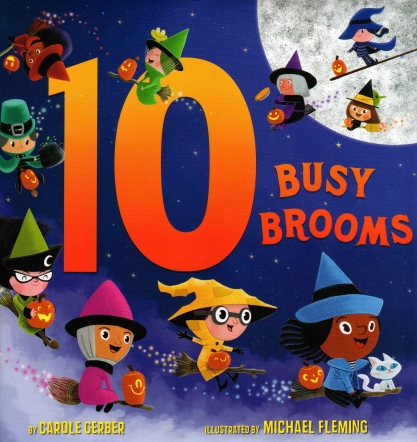
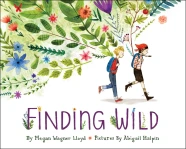
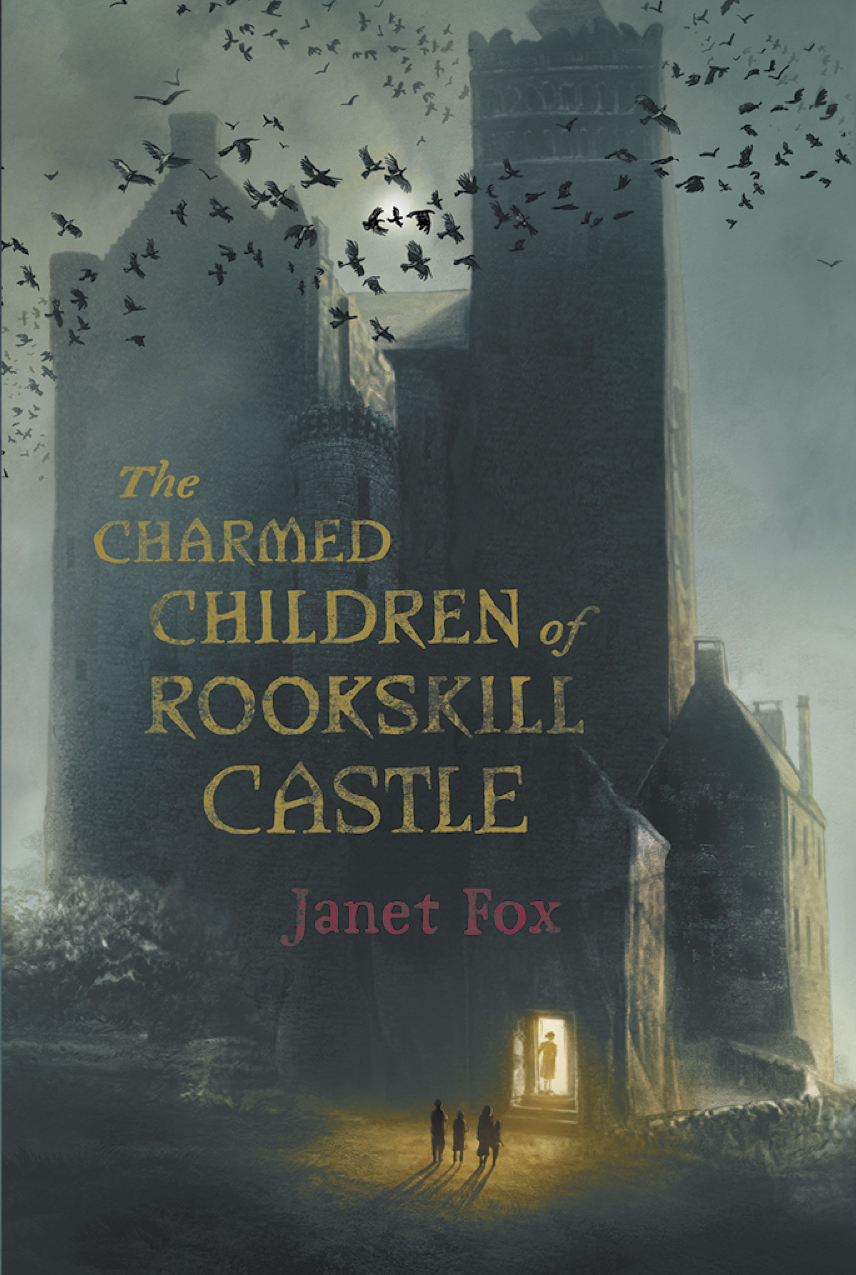
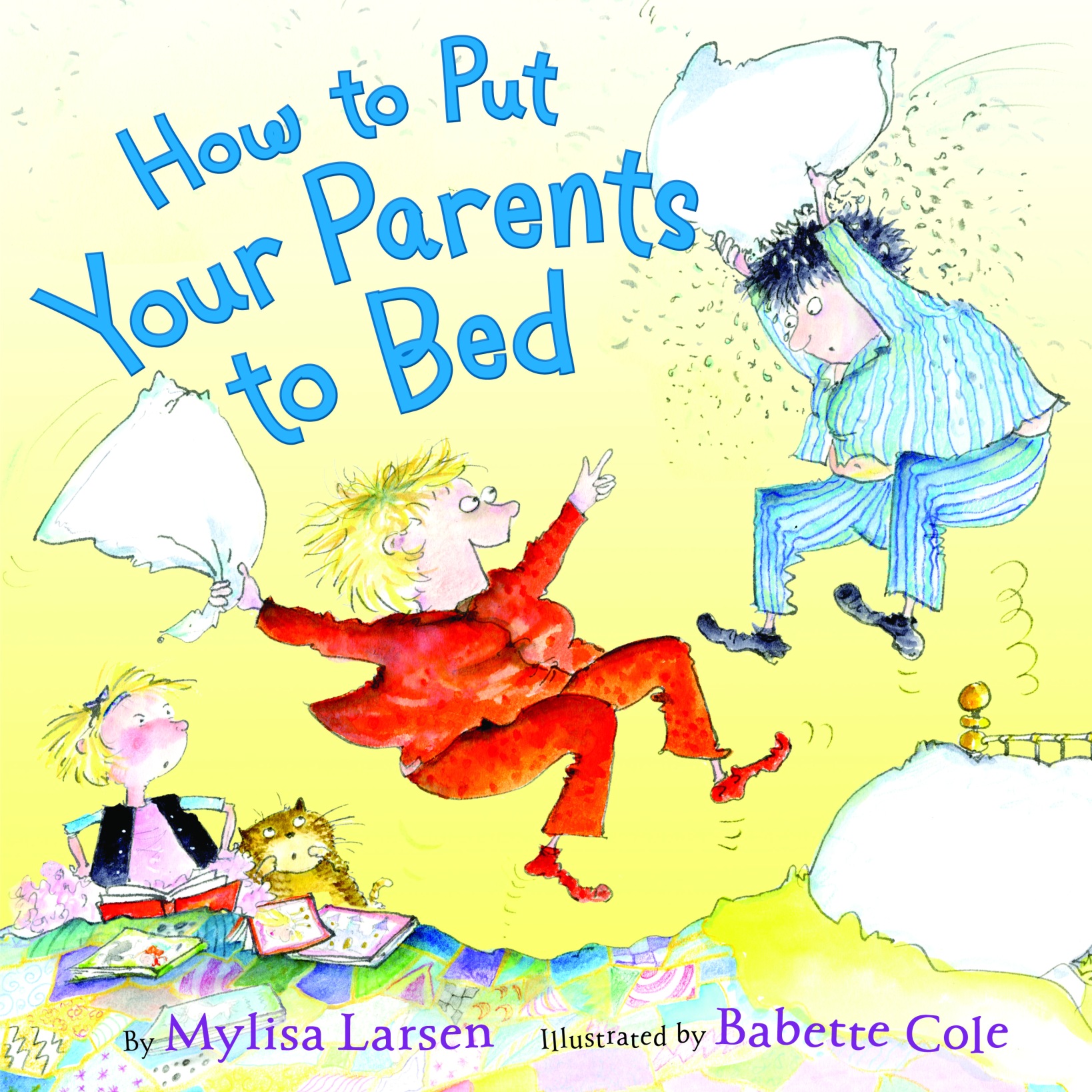



I don’t have my copy of the book yet (Border’s email says it’s on its way – yay!) so I’m going to guess that it is out in front of a cafe where Hamlet and Ophelia have their first date.
LikeLike
Good guess, mfantaliswrites! Tune in Monday to find out… 🙂
LikeLike
I am interested to see how Michelle handles Ophelia’s non-death. I think Ophelia deserves to live on, and I want to see how a feisty modern girl would pull it off, maybe without help from a shady drug dealer from Verona.
I also agree with all three speakers that these retellings are a great way — perhaps the best way — to bring new, young audiences to Shakespeare. Kids may think “Hamlet – bleh!” but they may think “murder and betrayal – cool!” and that’s the way in.
Great insights. Thank you!
LikeLike
I completely agree. Reading Shakespeare can be a chore for kids, but if they’ve already read FALLING FOR HAMLET, then looking for similarities/differences between this and the original gives them a purpose for reading. My students are too young for this book (they’re 9 and 10), but if I taught older kids, I would definitely pair this with a reading of the play.
LikeLike
Yes, what is so novel and brilliant about Michelle’s update/retelling is that FALLING FOR HAMLET is not Hamlet’s words in modern dress, as are so many dramatizations that drop him into modern times, but a real transmogrification of the characters and themes and emotions into today’s lifestyle.
LikeLike
Shady drug dealers? That’s brilliant. Wish I’d thought of that. ; )
LikeLike
Really enjoyed this interview–it is so interesting to see the similarities and differences in the perspectives of three people who all had a role in bringing about this great book! I am once again reminded of how much our editors and agents are strong allies to the author, no matter how hard the process is sometimes!
Although as a EMU myself I don’t qualify to win the finger puppets (sniff) I will venture a guess on the picture all the same. I think Hamlet and Ophelia are on the Vespa rushing to the Piazza della Signoria in Florence to tell David to take off that ridiculous plaid mini-skirt. He looks better naked.
LikeLike
Ding! Ding! Ding! Yooooou’re correct, Jeannie Mobley! Okay, not really. But this *should* be the right answer.
LikeLike
WE might think he looks better naked but John Ashcroft, I dare say, would disagree.
LikeLike
Jeannie, although I’m the one who posted the photo and, thus, know the answer :), I’m will say that I read in the papers here that some American guy was seen ripping the skirt from David’s body, muttering something about taking over the universe, or some such. Do we know anyone like that?!
LikeLike
Shaking head sadly.
LikeLike
I loved these interviews. Thanks, Cynthia. And although I’m not eligible to win, either, I’ve got an idea about that photo. Could it be the first of a sneaky series of photos (a la Flat Stanley) designed to make us think Hamlet has actually been on a road tour? That Hamlet has, perhaps, even acquired groupies who follow him around shooting pictures of him dallying with girls in short skirts? Am I close?
LikeLike
Donna, of course you’re eligible to win! And your answer is close–in the story, Hamlet is photographed with other girls, just not in Italy. Tune in Monday…:)
LikeLike
Hamlet with groupies–great idea, Donna. Maybe Michelle’s sequel will turn him into a rock star. Or, not.
LikeLike
You’re surprisingly close!
LikeLike
I really enjoyed this interview and have been enjoying this weeks debut event!!! 🙂
Well I do have the book and know the REAL answer, but I don’t want to give anything away to those not fortunate enough to already have their hands on a copy. So assuming I hadn’t read anything yet……
I would guess Hamlet and Phee were involved in some kind a race through an italian piazza on vespa to get away from the paparazzi. 🙂
LikeLike
Excellent guess, Kara! Racing through an Italian piazza definitely sounds like something they’d do. 🙂
LikeLike
I envy you, Kara. My copy is in Austin while I hop and skip around the east coast on various missions. FALLING FOR HAMLET is one of many reason I can hardly wait to get home.
LikeLike
I’m just thinking how awe-inspiring it would be to have a copy of a book I’d written photographed by Natalie in Italy! To be reveling in the perks of being an EMLA author! I’m off to get my copy of Hamlet….
LikeLike
EMLA has so many far-flung correspondents. I like your idea, Susan, of hand-delivering a copy to Natalie in Italy. And, let’s not forget Laura in various Central American venues. And, other EMLA’s in Africa. I’ve never been to the Caribbean. Any EMLA want to take up the challenge?
LikeLike
Susan, as soon as you have a book out, I joyfully promise to buy a copy and photograph it here the following summer. You can even take your pick–a photo on a Vespa? No problem. Propped near a cappuccino or scoop of gelato? Even more of a bonus for me, a faithful consumer of both cappuccini and gelati! I can’t wait. 🙂
LikeLike
I’ll just hand deliver you a copy and we can have capp and gelati together while we choose an appropriate setting! You’re the best!
LikeLike
Perfect! I’ll provide the vino. 🙂
LikeLike
This is all so wonderful. I absolutely cannot wait to get my hands on this book; order is in already from my local Indie. Thanks and congrats, Michelle!
LikeLike
Pingback: THE GRAND FINALE: in which prizes are given, promises are fulfilled, and a new character is inexplicably introduced. | EMU's Debuts